How to Find a Reliable Supplier
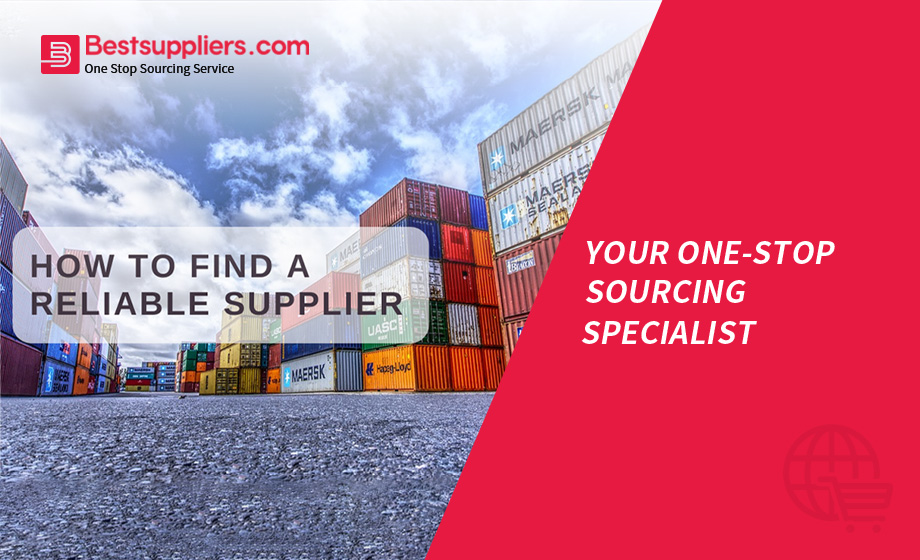
Introduction
In the complex world of global business, suppliers play a crucial role. This is particularly true when considering China's extensive manufacturing industry, which has become a major source of products for businesses worldwide. The success of a business often depends on the strength of its supply chain. In today's highly competitive and discerning market, the importance of choosing dependable suppliers in China cannot be overstated.
Why Selecting the Right Supplier is Vital for Business Success
At the core of every successful business venture lies the interplay between quality and profitability. Choosing the correct supplier is like laying the foundation for this partnership. A trustworthy supplier goes beyond mere transactions and evolves into a strategic ally who shares the business's vision, aligns with its quality standards, and contributes to its growth. From ensuring excellent product quality to maintaining effective communication, the chosen supplier significantly impacts customer satisfaction, brand reputation, and, consequently, the bottom line.
Researching Potential Suppliers
Defining Your Product Requirements and Specifications
Before embarking on the search for the ideal supplier, businesses must clearly define their product requirements and specifications. This involves examining details such as dimensions, materials, performance criteria, and other factors that collectively define the product. Such precise definition not only streamlines the supplier search but also serves as a benchmark for evaluating potential matches.
Identifying Key Features and Quality Standards
A supplier's true capabilities are often revealed through their commitment to stringent quality standards and the inclusion of key features aligned with the product's intended use. Suppliers who consistently uphold these standards not only inspire confidence in their reliability but also mirror the brand's dedication to excellence.
Determining Quantity and Packaging Needs
Balancing supply and demand requires a deep understanding of quantity requirements. Whether it's fulfilling small orders or large-scale manufacturing, selecting a supplier capable of matching these needs is crucial. Packaging also plays a significant role as it represents the first physical interaction customers have with the product. Ensuring that the supplier can align with the brand's packaging aesthetics and practicality can create a lasting impression.
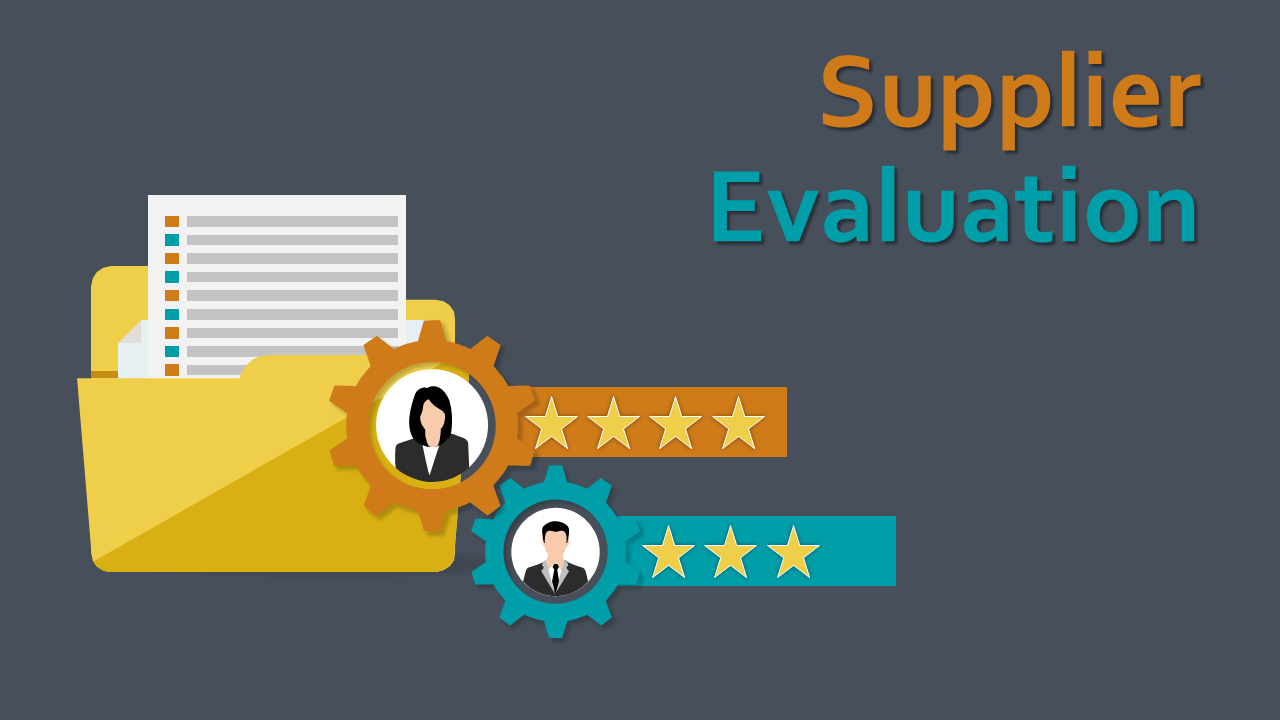
Using Online B2B Platforms
Exploring Alibaba, Bestsuppliers, Global Sources, and Other Popular Platforms
The digital age has given us many online B2B platforms that connect businesses and suppliers across the globe. Two well-known platforms are Alibaba and Global Sources. These platforms have become busy marketplaces where numerous suppliers display their products. To make the most of these digital marketplaces, you need a discerning eye and a smart strategy.
Filtering and Navigating Supplier Listings Effectively
The sheer number of supplier listings on online B2B platforms can be overwhelming. Effective filtering is essential to separate the best options from the rest. Reviewing supplier profiles, examining product catalogs, and using search filters can help simplify the search process, ensuring that businesses focus their efforts on the most promising prospects.
Evaluating Supplier Credibility
Assessing Supplier Profiles and Background Information
Analyzing a supplier's profile is like getting to know their business on a deeper level. This involves exploring their history, product offerings, capabilities, and values. A well-structured supplier profile can offer a quick overview of their professionalism.
Analyzing Company Information and Certifications
A reputable supplier proudly displays their certifications as a sign of their commitment to quality. Certifications such as ISO standards and industry-specific credentials are evidence of a supplier's dedication to excellence. Reviewing these certificates provides insight into their commitment to delivering quality products and following industry standards.
Checking Years of Establishment and Reputation
A supplier's longevity in the industry can indicate their resilience, adaptability, and reliability. Established suppliers may have gained valuable experience over time, which can contribute to a smoother partnership.
Verifying Legal Authenticity and Registration
Trust and legality go hand in hand. Verifying a supplier's legal status is essential for a strong foundation in the partnership. Details such as business registration, tax identification numbers, and compliance with local regulations are important indicators of trustworthiness.
Confirming Business Licenses and Export Certificates
In the global business arena, compliance with export regulations is crucial. Confirming that a supplier possesses the necessary licenses and export certificates ensures smooth cross-border trade and minimizes the risk of legal complications.
Ensuring Compliance with Chinese Export Regulations
Given the supplier's location in China, understanding and complying with Chinese export regulations is vital. Navigating the complex landscape of regulations, tariffs, and customs procedures is essential to avoid disruptions in the supply chain.

Reading Reviews and Feedback
Understanding the Importance of Customer Feedback
In the digital age, word of mouth has moved online, becoming reviews and feedback. These form a digital picture of the supplier's reputation. Positive reviews are like endorsements, while negative ones offer warnings.
Differentiating Between Genuine and Suspicious Reviews
In the sea of reviews, it's essential to be discerning. Real reviews reflect genuine experiences, while suspicious ones may raise concerns. Examining the depth, language, and consistency of reviews can reveal insights into the supplier's reliability and customer focus.
Communication and Transparency
Initiating Contact with Potential Suppliers
Starting a partnership often begins with the first contact, a crucial step. Initiating contact requires a balance of professionalism and personal touch. Crafting an initial message that conveys intent, showcases the business's values, and encourages engagement is a valuable skill.
Crafting a Clear and Professional Initial Inquiry
Clear communication is essential in business interactions. An initial inquiry free from ambiguity not only shows professionalism but also establishes a transparent and productive channel of communication.
Asking Relevant Questions about Products and Processes
Curiosity is an asset when dealing with potential suppliers. Asking pertinent questions about their products, production processes, lead times, and customization options can provide deeper insights into their capabilities and flexibility.
Assessing Responsiveness and Communication Skills
Communication often sets the pace for business. Evaluating a supplier's responsiveness, promptness, and clarity in their interactions offers insight into their commitment to smooth collaboration.
Evaluating Timeliness and Quality of Responses
Timely responses are the foundation of reliable partnerships. How quickly a supplier addresses queries and provides information reflects their efficiency and attention to detail.
Gauging Willingness to Address Concerns and Queries
A willingness to address concerns and queries demonstrates a supplier's commitment to nurturing a partnership. Their ability to resolve doubts and provide thorough explanations indicates their dedication to transparent collaboration.
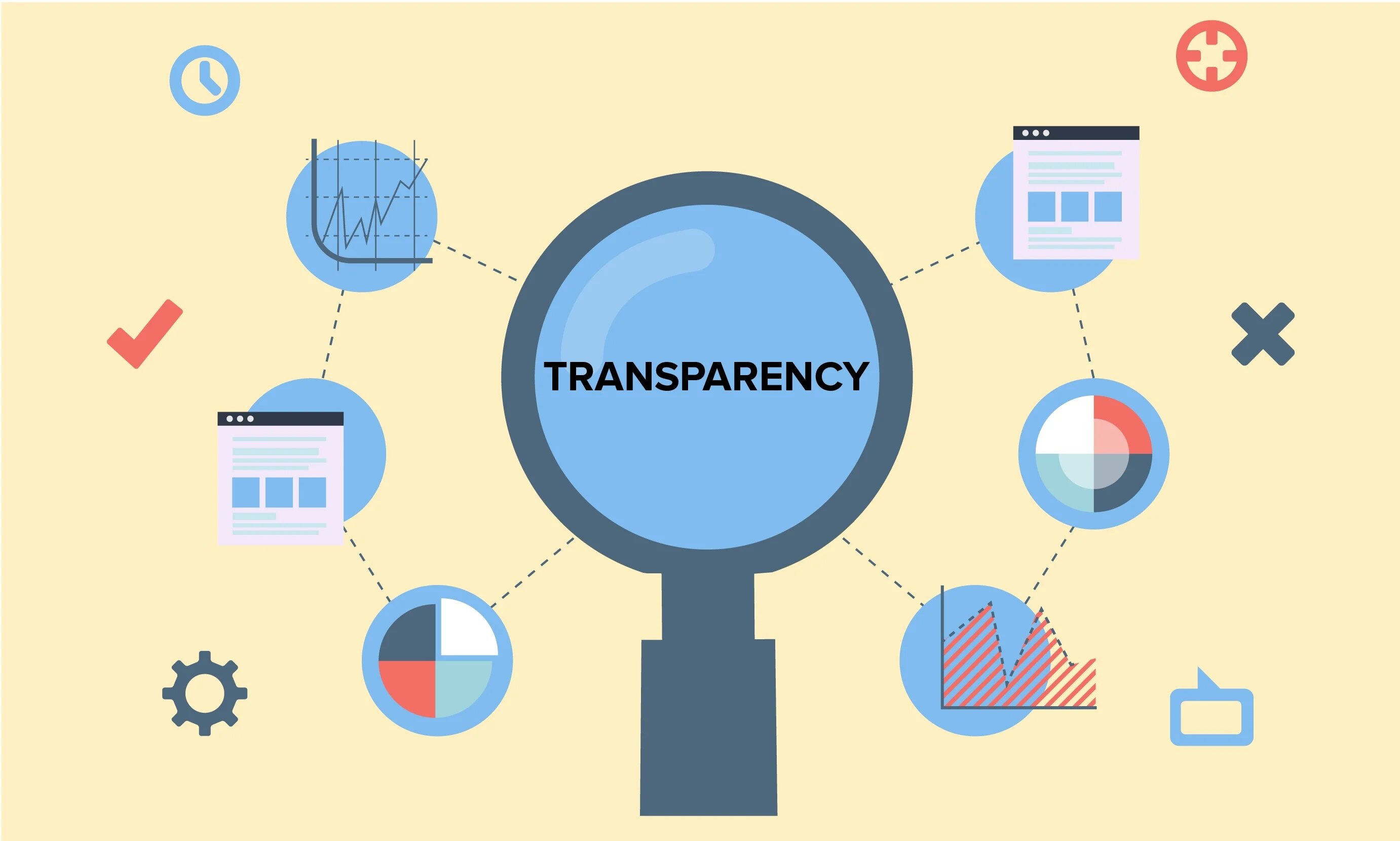
Requesting Samples
Importance of Product Samples in Supplier Evaluation
In the digital age, information is abundant, but nothing beats the experience of physically handling a product. Requesting samples is like test-driving a car before buying it – it's a way to assess quality, craftsmanship, and alignment with your expectations.
Evaluating Product Quality Through Samples
Samples allow you to touch, test, and inspect the product's quality, including its texture, finish, and functionality. These tactile interactions help you determine if the supplier's promises match the actual quality.
Ensuring Compatibility with Your Requirements
Samples provide a firsthand look at how well the product matches your defined requirements and specifications. It's a chance to confirm that what's on paper aligns with the physical product.
Negotiating Sample Orders
Negotiation is crucial in business. When ordering samples, transparent discussions about costs, shipping fees, and timelines can set the stage for a productive partnership.
Understanding Sample Costs and Shipping Fees
While samples are essential for evaluation, they come with associated costs. Understanding these expenses, both for the samples and their shipping, is vital to avoid surprises and factor them into your decision-making.
Requesting Modifications for Better Samples
Perfection often requires adjustments. After evaluating samples, providing feedback to the supplier can lead to improved prototypes that align more closely with your vision.
In the ever-changing world of global trade, selecting a reliable supplier is like crafting a masterpiece – every decision, every consideration, and every detail contributes to the final result. By thoroughly researching, evaluating, and communicating with potential suppliers, businesses pave the way for a mutually beneficial partnership that not only fuels their success but also strengthens their brand's presence in the market.

Factory Visits and Audits
In the dynamic landscape of global business, ensuring the integrity of your supply chain is crucial. Factory visits and audits are essential tools for achieving this assurance, enabling you to establish connections with suppliers based on transparency, quality, and long-term collaboration. This comprehensive guide unveils the key steps to optimize your factory visits and audits, covering everything from planning and inspections to negotiations and relationship building.
Planning a Visit to the Supplier's Manufacturing Facility
A solid foundation is essential before visiting a supplier's premises. Before embarking on your trip, conduct thorough research into the supplier's background, reputation, and product range. Familiarize yourself with their production processes, quality control measures, and any industry certifications they may have. Equipped with this knowledge, you'll be better prepared to assess the supplier's capabilities during your visit.
Benefits of an In-Person Inspection
While digital communication is convenient, nothing compares to the insights gained from an in-person visit. Witnessing the manufacturing processes firsthand provides a clear understanding of their efficiency, quality controls, and working conditions. Moreover, it fosters trust and commitment that digital exchanges alone cannot offer.
Making Arrangements and Scheduling Visits
Once the groundwork is laid, it's time to initiate contact and arrange the factory visit. Communicate your objectives, specifying your areas of interest and the scope of the visit. Collaboratively set a date for the visit, allowing both parties to prepare adequately. This approach ensures that your time on-site is maximized, and you can engage with key personnel who can address your inquiries directly.
Conducting Supplier Audits
Auditing suppliers is a multi-faceted process that involves examining various aspects of their operations. Hiring professional inspection services can be a wise choice, especially if you lack the expertise to comprehensively evaluate the supplier's facilities. These experts offer an impartial perspective, assisting you in making informed decisions about your potential partnership.
Evaluating Production Processes and Quality Control
During your audit, delve into the intricacies of the supplier's production processes. Scrutinize their adherence to industry best practices, hygiene standards, and quality control protocols. This comprehensive assessment covers everything from raw material sourcing to the final stages of production. By gaining insights into their operational integrity, you can gauge their alignment with your quality expectations.
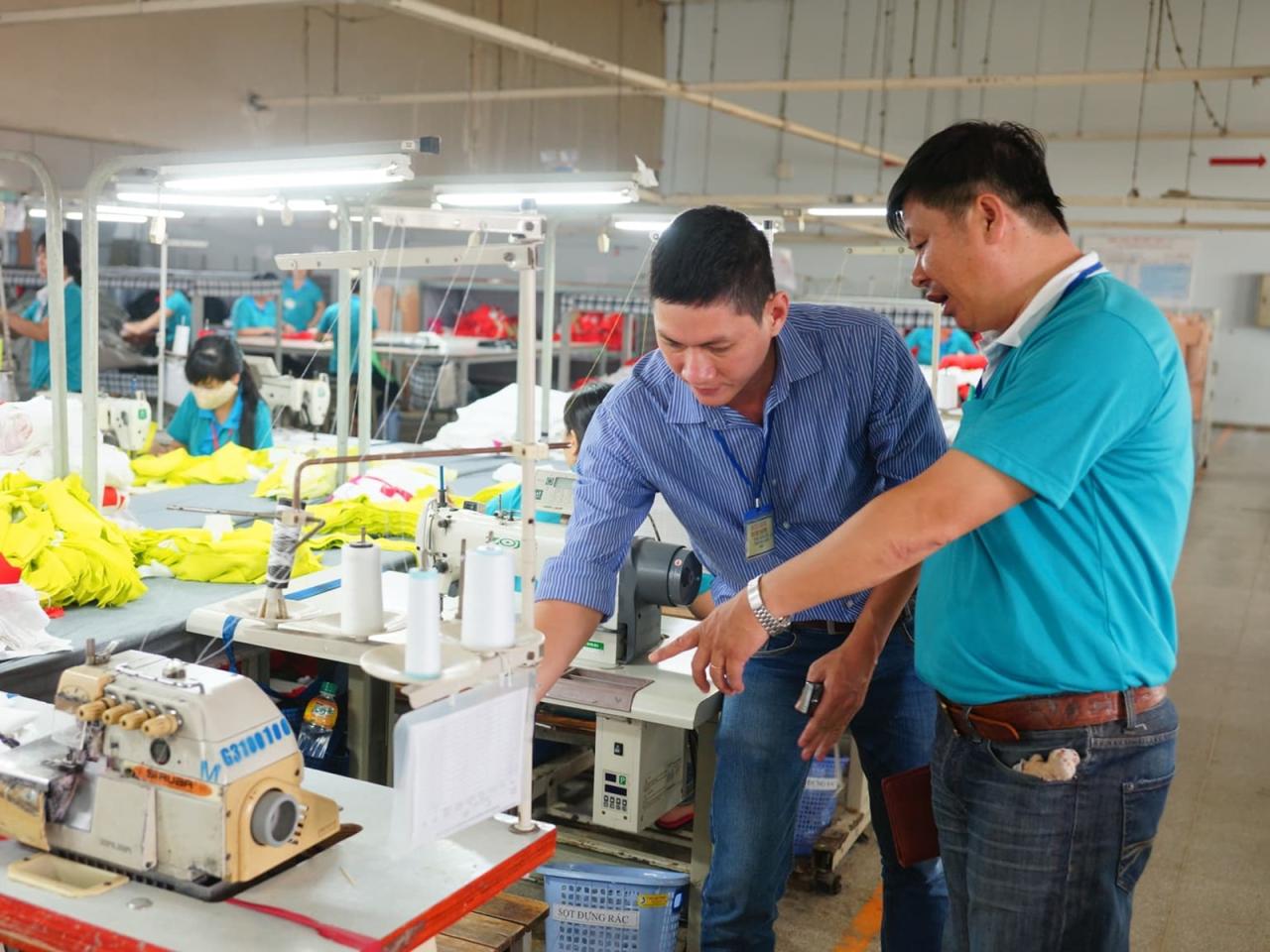
Understanding Pricing and Payment Terms
The financial aspect of supplier partnerships demands careful attention. Examine the supplier's pricing structures to gain clarity on each cost component contributing to the final quotation. By dissecting these costs, you can pinpoint potential areas for negotiation and obtain a comprehensive view of the offered value.
Breaking Down Quotation Components
Uncovering the elements of the quotation requires a discerning eye. Understand the costs associated with raw materials, labor, overhead, and any additional charges. This transparent perspective empowers you to evaluate the reasonableness of each cost component and identify potential cost-saving opportunities.
Comparing Quotes from Different Suppliers
In your search for the ideal supplier, it's wise to request quotes from multiple sources. By gathering a range of quotations, you can conduct an informed cost-benefit analysis. Consider not only the monetary aspect but also the supplier's track record, reliability, and alignment with your long-term objectives.
Negotiating Payment Terms
Negotiating payment terms is a delicate process involving the careful balance of cash flow considerations and supplier expectations. Explore various payment methods, such as telegraphic transfers (T/T) and online payment platforms like PayPal. Additionally, ensure that the payment schedule aligns with your financial capabilities and the supplier's production timelines.
Addressing Payment Schedule and Terms
Clarity in payment terms is crucial. Define the payment milestones and the conditions triggering each payment. Account for potential contingencies and delays to mitigate future disputes. A well-defined payment schedule safeguards the interests of both parties and fosters a foundation of trust.

Managing Intellectual Property and MOQs
Safeguarding your intellectual property (IP) is essential to prevent unauthorized use and replication of your innovations. Navigate the intricacies of trademarks and patents, seeking legal guidance when necessary. Implement non-disclosure agreements (NDAs) to establish a legal framework that protects your proprietary information.
Minimum Order Quantities (MOQs) and Scalability
Balancing MOQs with business growth is a strategic challenge. While suppliers often set MOQs to optimize their production processes, this can impact your cash flow and inventory management. Negotiate for flexibility in MOQs, especially as your partnership matures and your demand increases.
Negotiating Flexibility in Order Quantities
Collaborate with suppliers to negotiate adaptable order quantities that accommodate market fluctuations and your evolving business needs. By fostering this flexibility, you can strike a harmonious balance between efficient production and adaptable scaling.
Contractual Agreements
Robust contractual agreements are the cornerstone of a successful and long-lasting partnership. Draft contracts that detail product specifications, quality standards, pricing, payment terms, and delivery schedules. This comprehensive documentation serves as a point of reference and accountability for both parties.
Specifying Product Details and Quality Standards
Clearly define the product specifications and expected quality standards from the supplier. Cover materials, dimensions, tolerances, finishes, and other relevant details. Clarity in this area reduces misunderstandings and ensures the final product aligns with your vision.
Explaining Pricing, Payment, and Delivery Terms
Transparency is essential in contractual relationships. Precisely outline the pricing structure, payment terms, and delivery schedule in the contract. This eliminates any ambiguity and forms the basis for a harmonious partnership.
Seeking Legal Advice
For complex agreements, legal advice is invaluable. Engage legal professionals to review and refine your contracts, ensuring they adhere to relevant laws and regulations. Their expertise protects you from potential issues and provides clear procedures for dispute resolution.
Establishing Clear Solutions for Contract Breaches
Preparation for potential contract breaches is essential. Define clear solutions for contract breaches, covering scenarios like quality discrepancies and delivery delays. Establishing these procedures in advance reduces legal uncertainties and sets expectations for both parties.
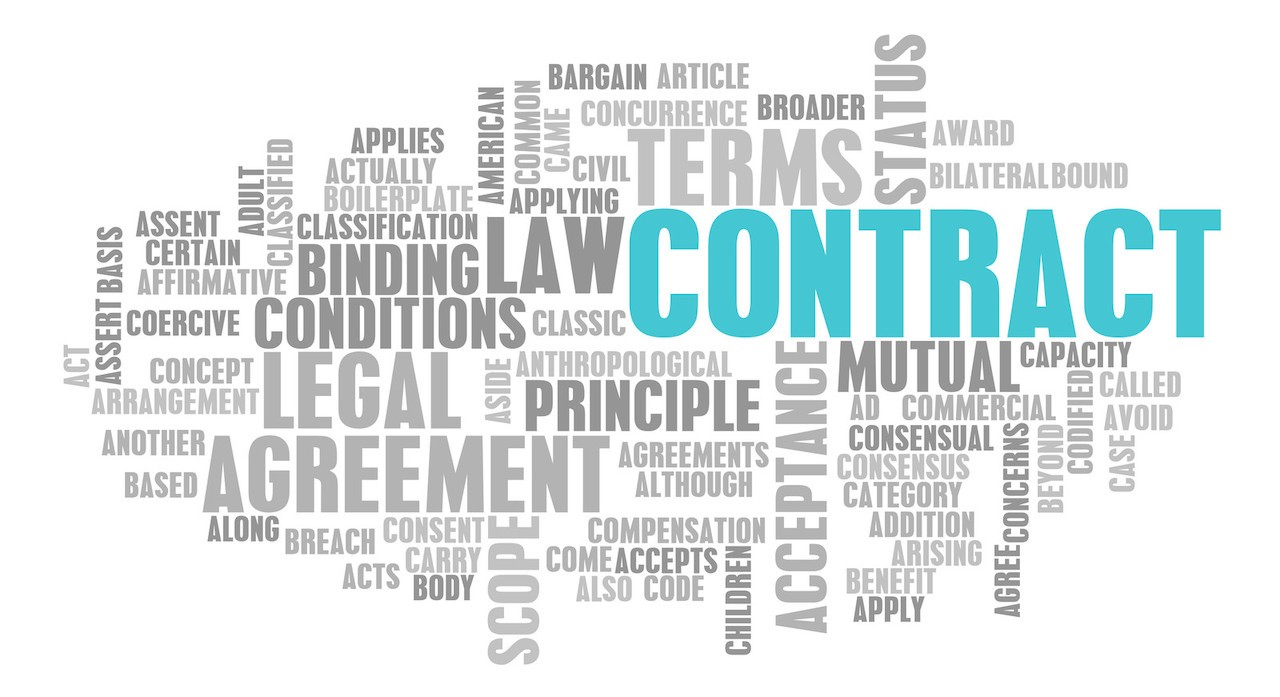
Building Long-Term Relationships
The essence of supplier partnerships goes beyond simple transactions. Recognize the lasting value of long-term collaborations based on consistency and effective communication.
Consistency in Quality and Communication
Consistency in both product quality and communication is the foundation of long-term relationships. Maintain your quality expectations and engage in open and timely communication to address challenges and opportunities proactively.
Using Relationships for Future Negotiations
As trust grows, use your relationship for future negotiations. Whether it's refining pricing, exploring new products, or addressing unforeseen challenges, a strong rapport can lead to amicable solutions.
Providing Feedback and Collaborating for Improvement
Feedback is essential. Provide constructive feedback to suppliers about their products and processes. This collaborative approach encourages continuous improvement and shows your commitment to a mutually beneficial partnership.
Giving Constructive Feedback to Suppliers
Offer feedback thoughtfully, highlighting areas of praise and pinpointing areas for improvement. A balanced approach helps suppliers view feedback as a growth opportunity rather than criticism.
Collaborating on Process Enhancements and Innovations
Innovation thrives in collaboration. Engage suppliers in discussions about process improvements and innovative solutions that can enhance efficiency, quality, and cost-effectiveness. Joint brainstorming can lead to transformative ideas.
Conclusion
Navigating supplier partnerships requires careful planning and a thorough understanding of the supplier's capabilities. From initial planning and audits to refining contractual agreements and nurturing long-term relationships, each step plays a crucial role in building a dependable and enduring partnership.
As your business evolves, remember that due diligence remains essential. Changing market dynamics, regulations, and technology advancements require ongoing vigilance. Consistent due diligence helps you adapt and thrive in evolving landscapes, ensuring lasting success in supplier relationships and overall business ventures.

